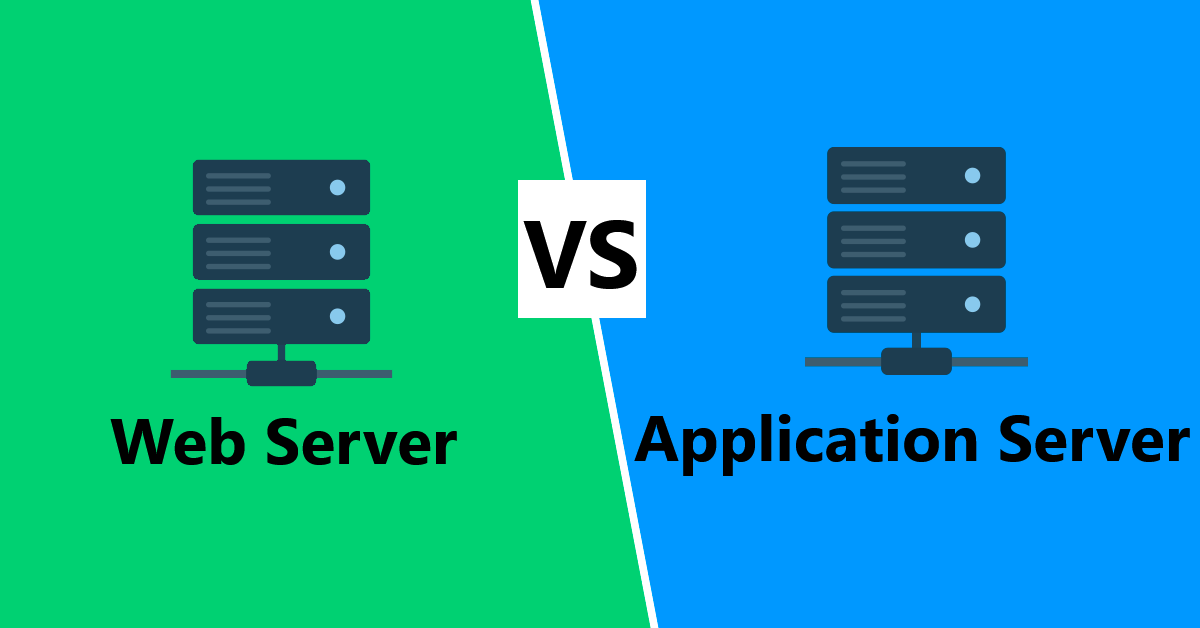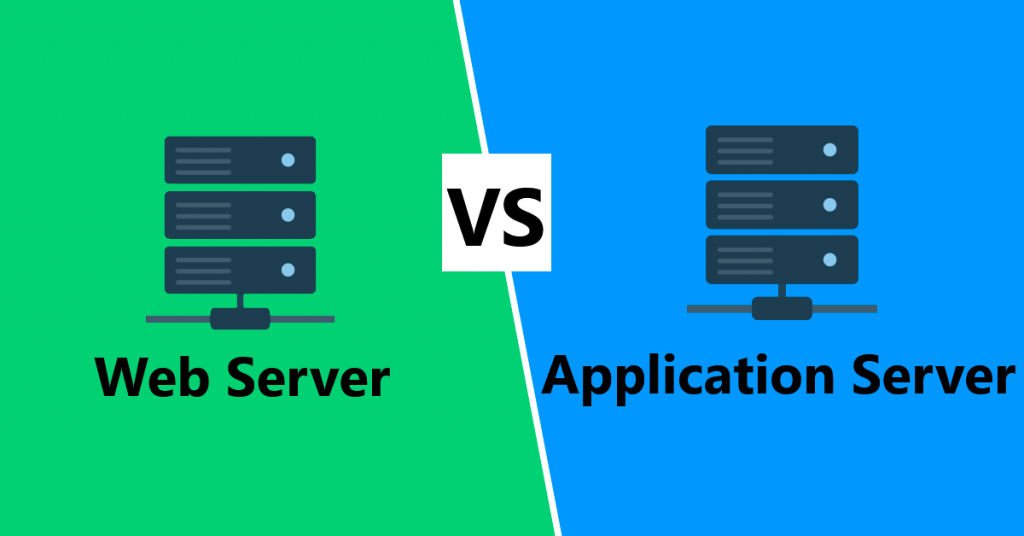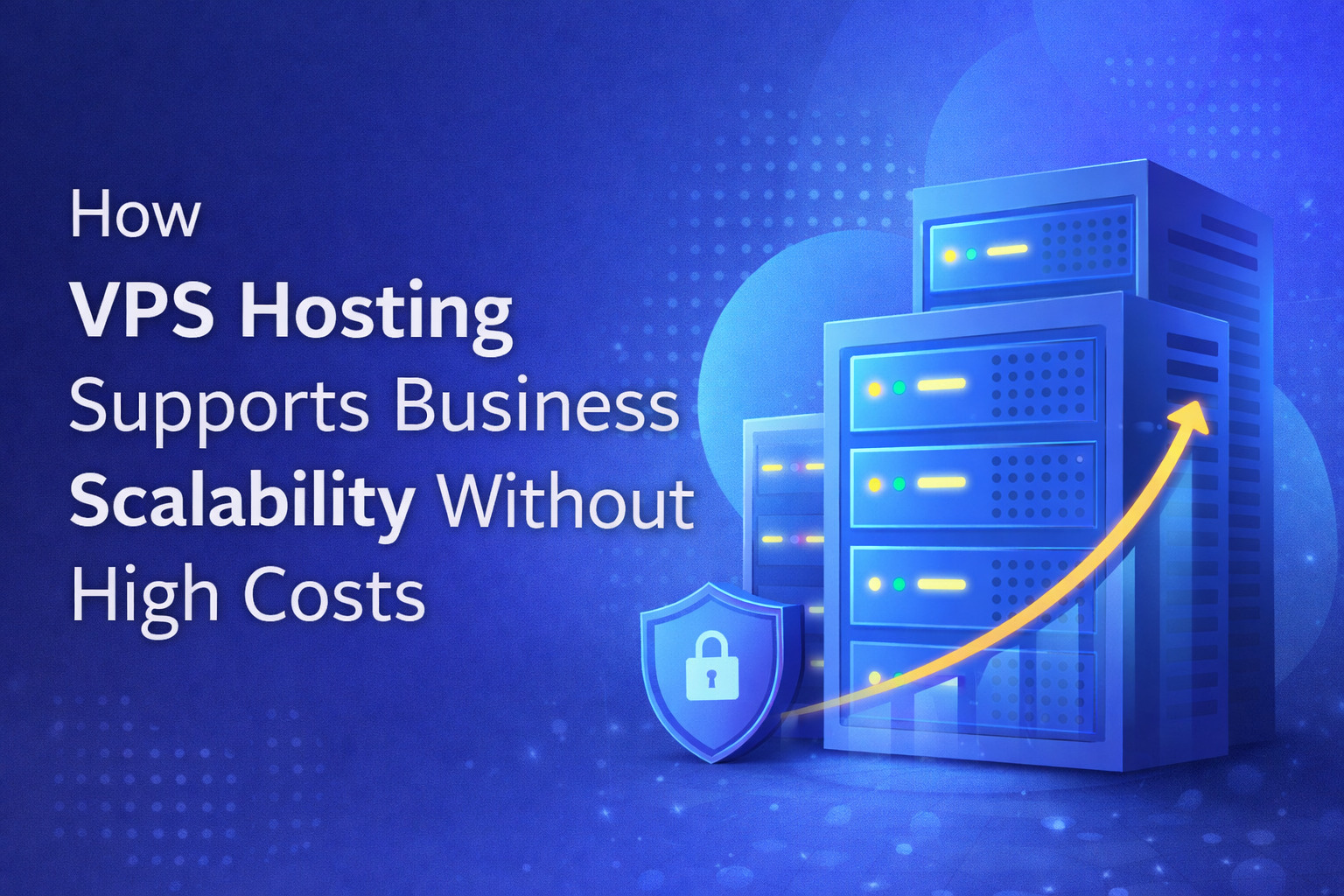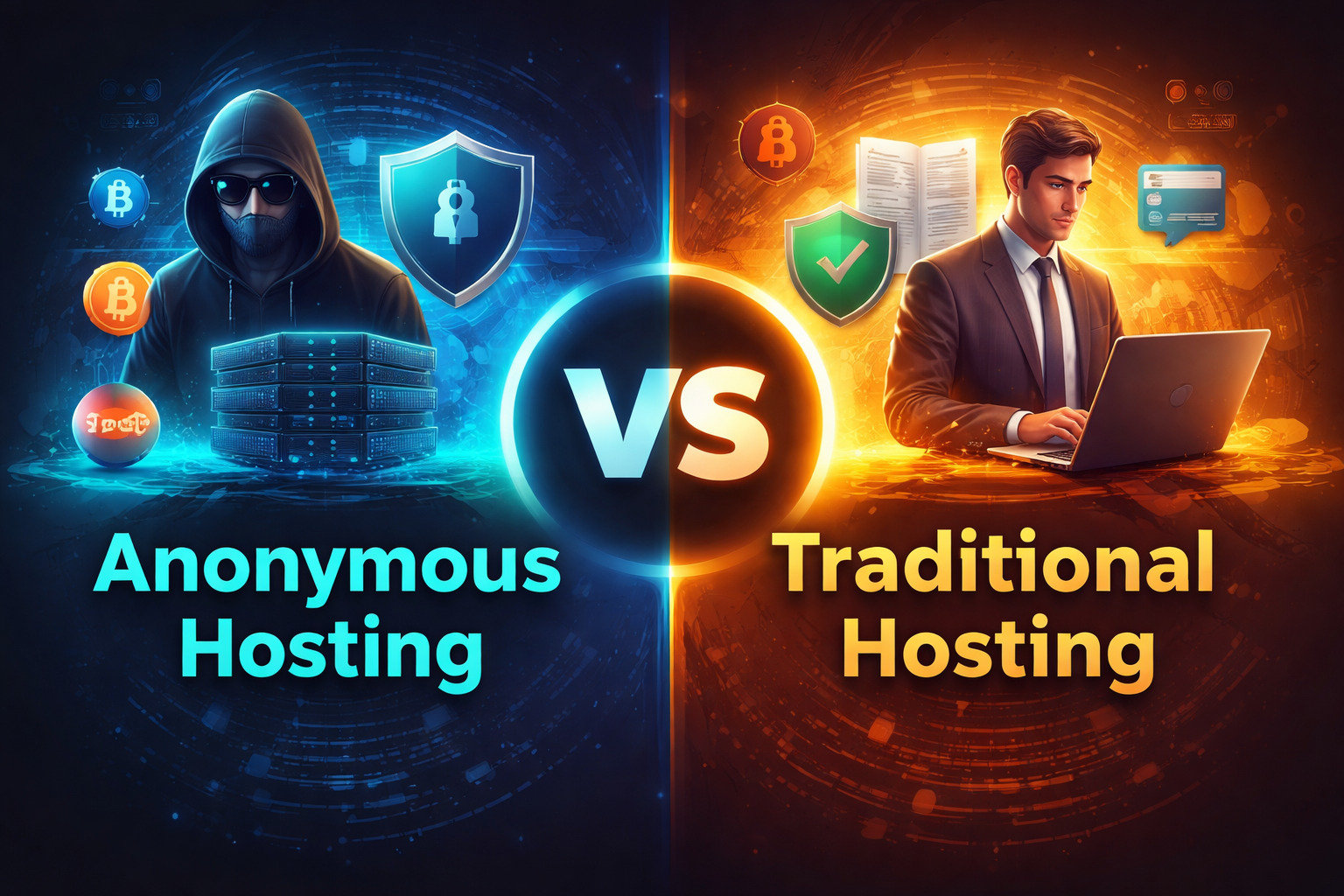How is a Web Server different from any Application Server

- July 20, 2020
- 1 Comment

Web Server
Web server is a computer that runs world-wide-web with the help of server software and hardware specifically meant for running such programs. This particular type of server may contain one or more websites and processes the request placed in the network through HTTP and other related protocols. Basic function of web server is to deliver webpages to the users after running several processes in the background. Webpages are mostly static in nature that includes images, HTML documents, scripts and style-sheets along with the text contents. Besides HTTP, SMTP and FTP is also supported by web servers for file transfer, email exchange and storage purpose.
Functionality of a Web Server
The prime function of a web server is to display content of a website. In case a web server isn’t exposed to the public or to the outer world and is used internally, then it is identified as an Intranet Server. Whenever a request for opening a webpage is placed by any user by keying in the URL or web address in the browser’s address bar, the web browser sends out the request to the internet for viewing that particular page. In the background, a DNS converts the input URL to an IP address which subsequently directs it to a web server.
On requesting, the website content is presented to the user’s browser by a web server. Every website on the internet has its own unique identity in for of their IP address. In fact, it is the IP address that is used to communicate between several servers across the web world. Out of several web server available in the market, Apache is the most common and popular. This open source software handles around 70% of all the websites available today. Apache is being used as a default web server to most of the web based applications worldwide. Besides Apache, IIS by Microsoft is another widely available web server.
Server side script such as ASP, PHP and others are being supported by several generic web servers which makes it possible to script web server in separate files, while no change is being made to the actual server software. This particular function of web server makes HTML documents more dynamic as opposed to being static. Computer accessories such as printers, routers, webcams etc are often found embedded with web servers. The web server can then be used as a part of a system for monitoring the device, which means that no extra software needs to be installed on the client system as only a web browser is sufficient.
Application Server
Application server is a set of hardware and software that is designed specifically to run various applications. Apart from running web applications, application servers are also into hosting hypervisor which can manage virtual machines. It also distributes and monitors various software updates, and processes data sent from another server. Application servers are quiet versatile in nature and are often coupled with a web server to be known as web application server. Application servers are also known to have their own graphical user interfaces that can be managed through PCs. They can also perform security tasks, transaction processing, messaging, resource and connection pooling. Some of the popular application servers in use are J2EE, Glassfish, WebLogic, JBoss EAP, and Apache Geronimo.
Functionality of Application Server
Whenever there’s any need to integrate databases and servers, an application server is put to use. Application servers mostly runs on-demand web applications in real-time basis, as it has got the requisite processing power and memory. Application servers also has the means to provide integrity among code and data by having a centralized approach towards keeping all applications up to date with latest upgrades.
Whenever there’s any complicated transaction based applications, it is typically addressed by Application servers. These application servers have their built-in redundancy, high availability monitor, high level performance services and support for convoluted database access in order to support some high end needs. Another vital use of application server is to provide extra layer of security, as it exists between webpages and databases of any organization, thereby creating an additional barrier to any possible SQL injection cyber-attacks. Security is further supported by setting up centralized authentication processes and managing data access. Since application server has more control over network traffic, performance of heavy and large application gets a boost. Another important aspect of application server is its ability to scale up by pooling database connections.
Web Server versus Application Server
A server is considered to be a central repository of all the information and computer programs, which is what a programmer within a network accesses and works on it. For better understanding, the key differences between these two servers are summarized below.
| Parameters | Web Server | Application Server |
| Purpose | It contains web container only | It contains Enterprise Java Beans (EJB) along with web container |
| Utility | It is perfect for static contents like HTML pages, images etc | It is more dynamic in nature and delivers such dynamic contents |
| Resource Necessity | Being static, it consumes less resources like CPU, memory etc. | It requires more resources as because it is more dynamic in nature |
| Multi threading | It doesn’t support multi threading | For addressing multiple requests, it uses multi threading |
| Target Environment | It provides a total runtime environment for web applications | It provides the runtime environment for various enterprise applications |
| Protocol type | It supports HTTP alog with SMTP & FTP | It supports HTTP, GUI and RPC / RMI protocols |
Both web server and application server has its own share of usages in the industry. Depending on various objectives and requirements, these pieces of middleware connect back end systems to users who access them. These days mobile application server has also been in use due to large growth in mobile device usage. Mobile application server is an add-on to the existing infrastructure to accommodate mobile devices. They largely take care of the mobile device’s security, data management and various off-line requirements that is not met by existing infrastructure. However, if we look into the basics, it is evident that web servers, application servers and mobile application servers serves almost similar purpose.





Comments
Distinguishing Web Servers from Application Servers with LunarVPS - Blog | LunarVps
[…] the realm of hosting and server management, understanding the differences between web servers and application servers is crucial for optimizing your infrastructure and delivering a seamless user experience. As a […]